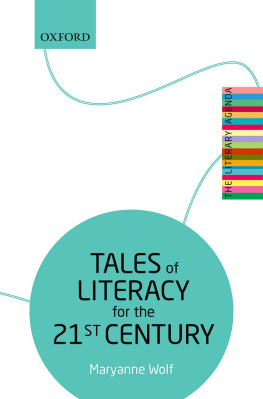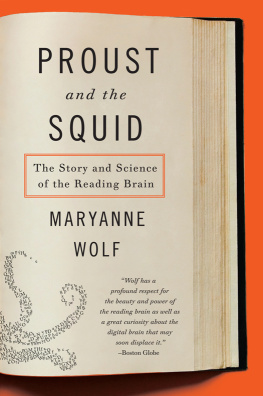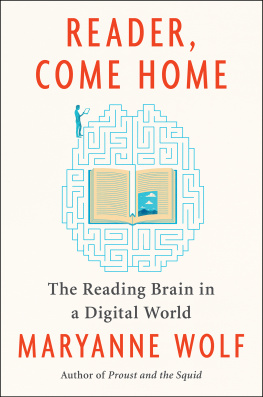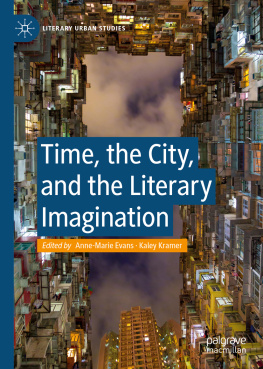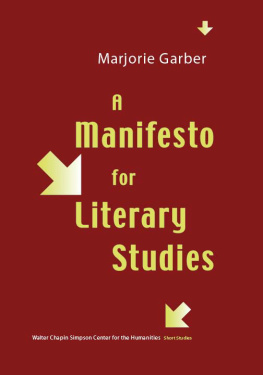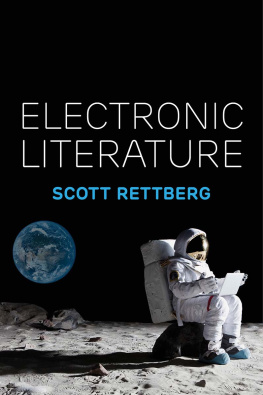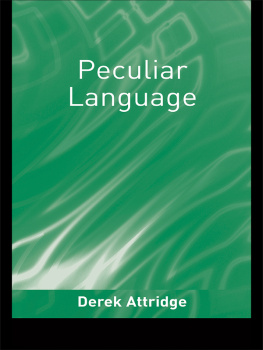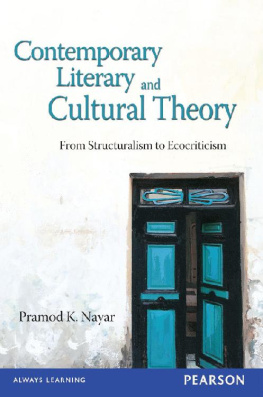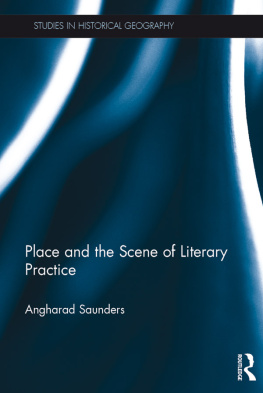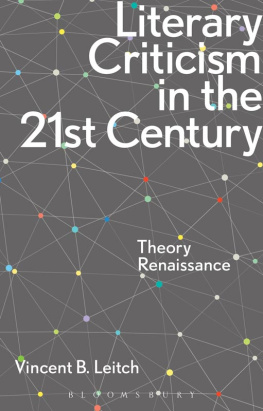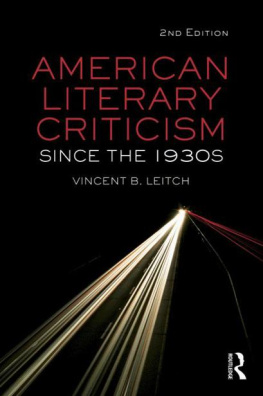The Literary Agenda
Tales of Literacy for the 21st Century

Great Clarendon Street, Oxford, OX2 6DP, United Kingdom
Oxford University Press is a department of the University of Oxford. It furthers the Universitys objective of excellence in research, scholarship, and education by publishing worldwide. Oxford is a registered trade mark of Oxford University Press in the UK and in certain other countries
Maryanne Wolf 2016
The moral rights of the author have been asserted
First Edition published in 2016
Impression: 1
All rights reserved. No part of this publication may be reproduced, stored in a retrieval system, or transmitted, in any form or by any means, without the prior permission in writing of Oxford University Press, or as expressly permitted by law, by licence or under terms agreed with the appropriate reprographics rights organization. Enquiries concerning reproduction outside the scope of the above should be sent to the Rights Department, Oxford University Press, at the address above
You must not circulate this work in any other form and you must impose this same condition on any acquirer
Published in the United States of America by Oxford University Press 198 Madison Avenue, New York, NY 10016, United States of America
British Library Cataloguing in Publication Data
Data available
Library of Congress Control Number: 2016932270
ISBN 9780198724179
ebook ISBN 9780191036132
Printed in Great Britain by Clays Ltd, St Ives plc
Links to third party websites are provided by Oxford in good faith and for information only. Oxford disclaims any responsibility for the materials contained in any third party website referenced in this work.
Series Introduction
The Crisis in, the Threat to, the Plight of the Humanities: enter these phrases in Googles search engine and there are 23 million results, in a great fifty-year-long cry of distress, outrage, fear, and melancholy. Grant, even, that every single anxiety and complaint in that catalogue of woe is fully justifiedthe lack of public support for the arts, the cutbacks in government funding for the humanities, the imminent transformation of a literary and verbal culture by visual/virtual/digital media, the decline of reading And still, though it were all true, and just because it might be, there would remain the problem of the response itself. Too often theres recourse to the shrill moan of offended piety or a defeatist withdrawal into professionalism.
The Literary Agenda is a series of short polemical monographs that believes there is a great deal that needs to be said about the state of literary education inside schools and universities and more fundamentally about the importance of literature and of reading in the wider world. The category of the literary has always been contentious. What is clear, however, is how increasingly it is dismissed or is unrecognized as a way of thinking or an arena for thought. It is skeptically challenged from within, for example, by the sometimes rival claims of cultural history, contextualized explanation, or media studies. It is shaken from without by even greater pressures: by economic exigency and the severe social attitudes that can follow from it; by technological change that may leave the traditional forms of serious human communication looking merely antiquated. For just these reasons this is the right time for renewal, to start reinvigorated work into the meaning and value of literary reading for the sake of the future.
It is certainly no time to retreat within institutional walls. For all the academic resistance to instrumentalism, to governmental measurements of public impact and practical utility, literature exists in and across society. The literary is not pure or specialized or self-confined; it is not restricted to the practitioner in writing or the academic in studying. It exists in the whole range of the world which is its subject-matter: it consists in what non-writers actively receive from writings when, for example, they start to see the world more imaginatively as a result of reading novels and begin to think more carefully about human personality. It comes from literature making available much of human life that would not otherwise be existent to thought or recognizable as knowledge. If it is true that involvement in literature, so far from being a minority aesthetic, represents a significant contribution to the life of human thought, then that idea has to be argued at the public level without succumbing to a hollow rhetoric or bowing to a reductive world view. Hence the effort of this series to take its place between literature and the world. The double-sided commitment to occupying that place and establishing its reality is the only agenda here, without further prescription as to what should then be thought or done within it.
What is at stake is not simply some defensive or apologetic justification in the abstract. The case as to why literature matters in the world not only has to be argued conceptually and strongly tested by thought, it should be given presence, performed and brought to life in the way that literature itself does. That is why this series includes the writers themselves, the novelists and poets, in order to try to close the gap between the thinking of the artists and the thinking of those who read and study them. It is why it also involves other kinds of thinkersthe philosopher, the theologian, the psychologist, the neuroscientistexamining the role of literature within their own lifes work and thought, and the effect of that work, in turn, upon literary thinking. This series admits and encourages personal voices in an unpredictable variety of individual approach and expression, speaking wherever possible across countries and disciplines and temperaments. It aims for something more than intellectual assent: rather the literary sense of what it is like to feel the thought, to embody an idea in a person, to bring it to being in a narrative or in aid of adventurous reflection. If the artists refer to their own works, if other thinkers return to ideas that have marked much of their working life, that is not their vanity nor a failure of originality. It is what the series has asked of them: to speak out of what they know and care about, in whatever language can best serve their most serious thinking, and without the necessity of trying to cover every issue or meet every objection in each volume.
Philip Davis
Contents
Nothing is unaltered in the brain. So begins the epic poem, Mozarts Third Brain, by Swedish poet Gran Sonnevi, and so begins our narrative about what it means to be literatecognitively, linguistically, socially, emotionally, and neurologically. Literacy alters the brain in profoundly transformative ways, which alters the person, which alters the species, which alters humanity itself. There is little more important for the future of our species intellectual development.
The history of how we came to be a literate species only six millennia ago still contains as much mystery as fact. There are clues to the mystery of its origins to be found in ancient places like the Wadi el Hol (Gulch of Terror) where Egyptian hieroglyphs have been discovered that might have preceded the Sumerian script, long thought to be our first writing system. By contrast, the rapidly unfolding science of the reading brain may well outpace what we know of its history. We have much to learn from both our past and our present as we move from a deeply literate culture into a digital culture insufficiently cognizant of the contributions of past forms of literacy and of the changes digital reading will bring.

